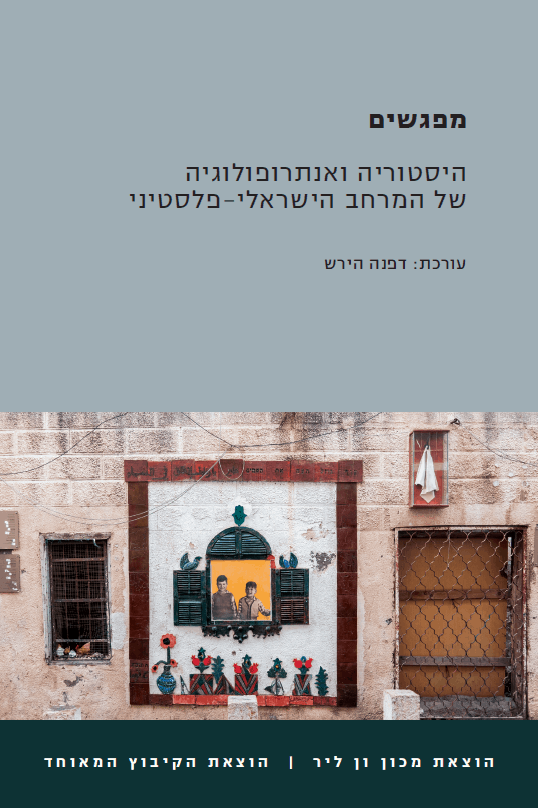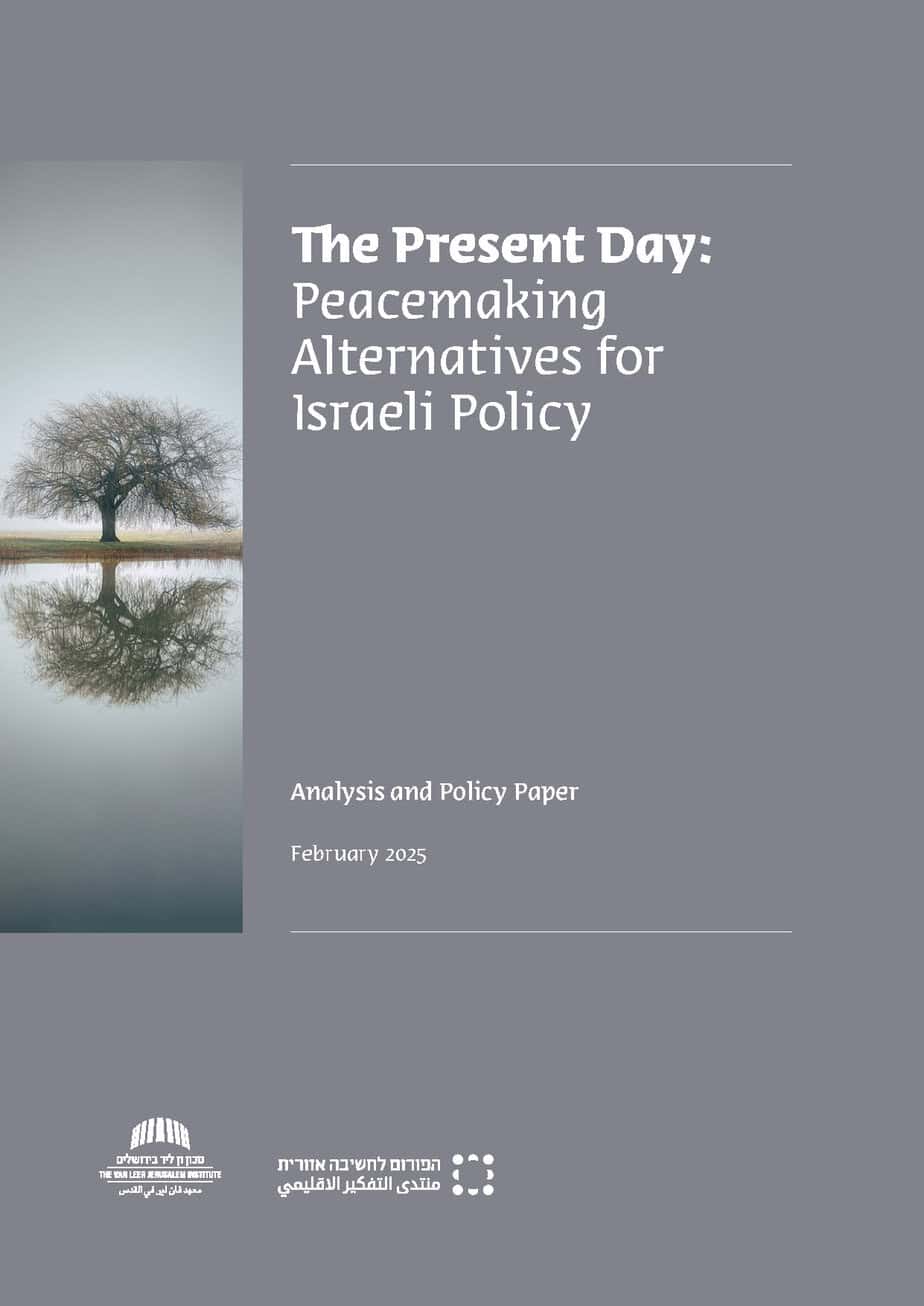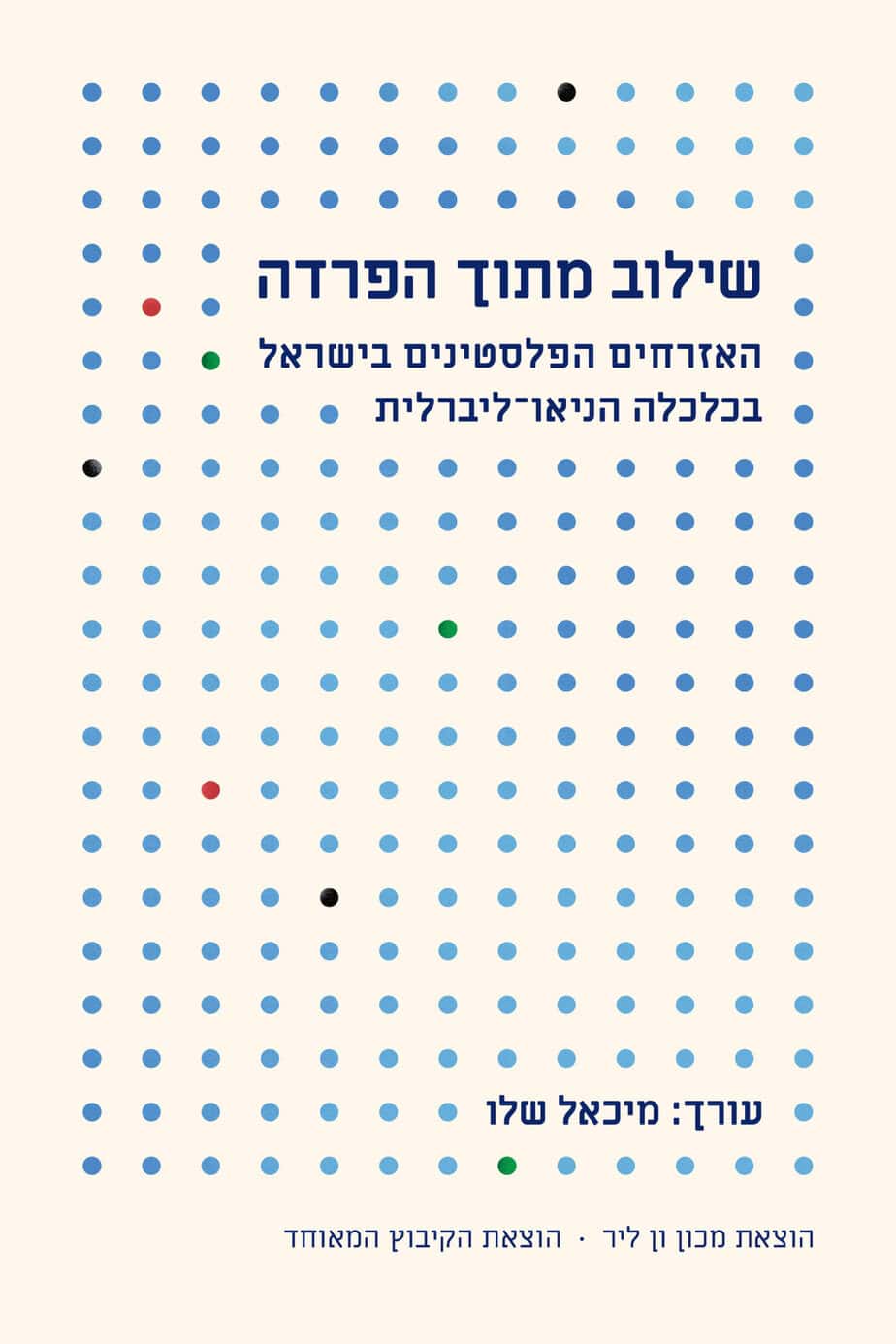Encounters
History and Anthropology of the Israeli–Palestinian Space
| Edited by | Dafna Hirsch |
| Publisher | Van Leer Institute Press and Hakibbutz Hameuchad |
| Language | Hebrew |
| Year of Publication | 2019 |
| Series | Theory in Context Series |
Can an anthropological perspective enable new insights into Zionist and Palestinian history, and especially the mutual relations between the two societies? What does history contribute to the anthropology of the Israeli and Palestinian societies, and what practices of memory and recounting of history exist in them?
Encounters: History and Anthropology of the Israeli–Palestinian Space offers a critical research approach grounded in the encounter of history, anthropology, sociology, and cultural studies in the local space. In contrast to a top-down approach, which characterizes much of local historiography, including critical historiography, the articles in this book propose a bottom-up-and-close approach to the various social arenas in the Israeli–Palestinian space, including the seashore, a Tel Aviv restaurant, the Lod ghetto, the Lachish region, Deir al-Asad, the Jaffa Port, and tours of Haifa. A bottom-up-and-close approach is also brought to bear on social practices of memory, including the deliberate forgetting of Palestinian urbanism as it existed before 1948, ways of representation of Palestinian villages neighboring Hashomer Hatzair kibbutzim, and history as recounted by Arab-Bedouin women. Through the close-up view of these arenas the authors examine broader issues in the study of the local history, societies, and cultures, such as the formation of the ethno-class structure in Israel; the political economy of the Military Administration; the creation of the physical and social space in Israel; the relations between political processes and social and cultural processes; the social and cultural ramifications of processes of globalization and privatization; and the formulation of historical narratives and models of knowledge. In contrast to the “methodological nationalism,” which presents a defined national society existing in its own right as the basic unit of analysis—an approach that characterizes much of the historical and anthropological research in Israel and Palestine—the starting point in the articles in this book is the shared space and the interwoven histories in which processes of separation, isolation, and the creation of otherness take place in the context of proximity, social relations, and mutual shaping.
Encounters is the outcome of the activity of a group of scholars that met at the Van Leer Jerusalem Institute in 2011 and 2012.




